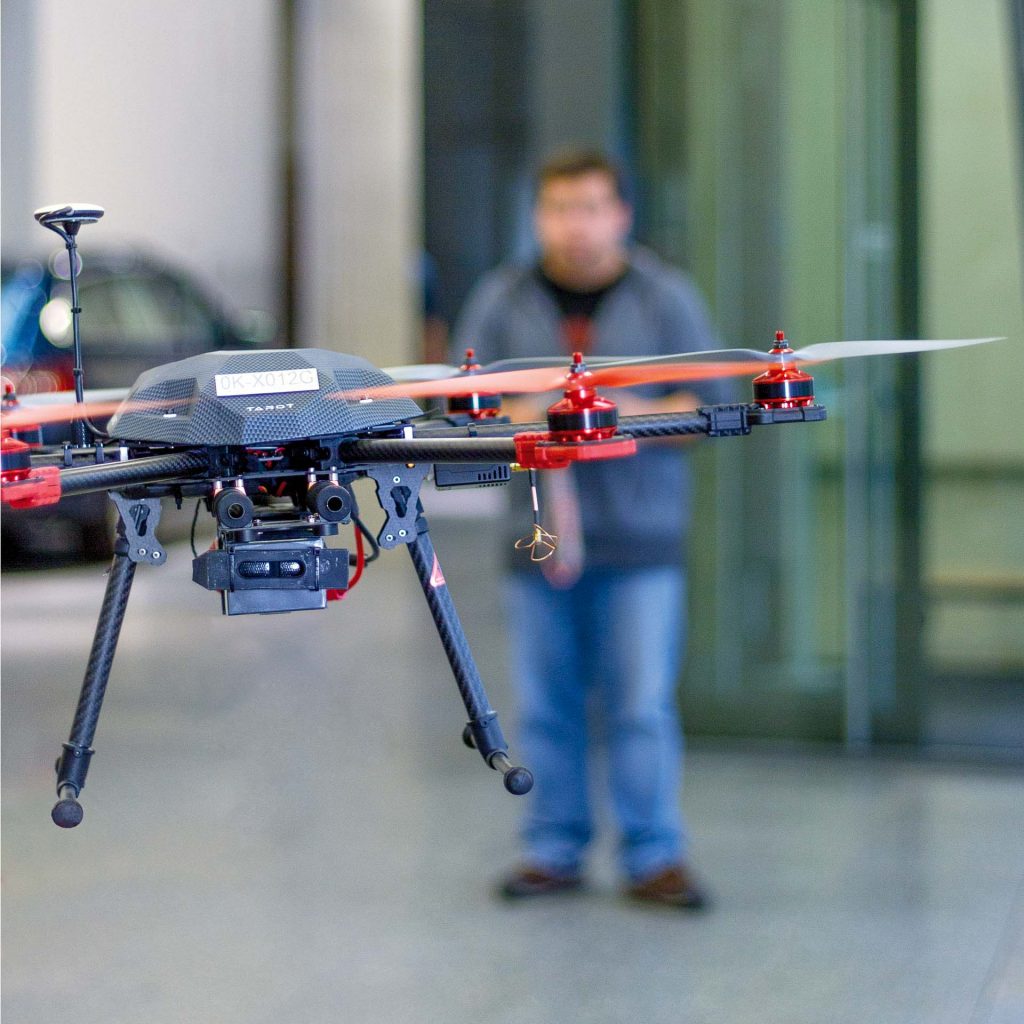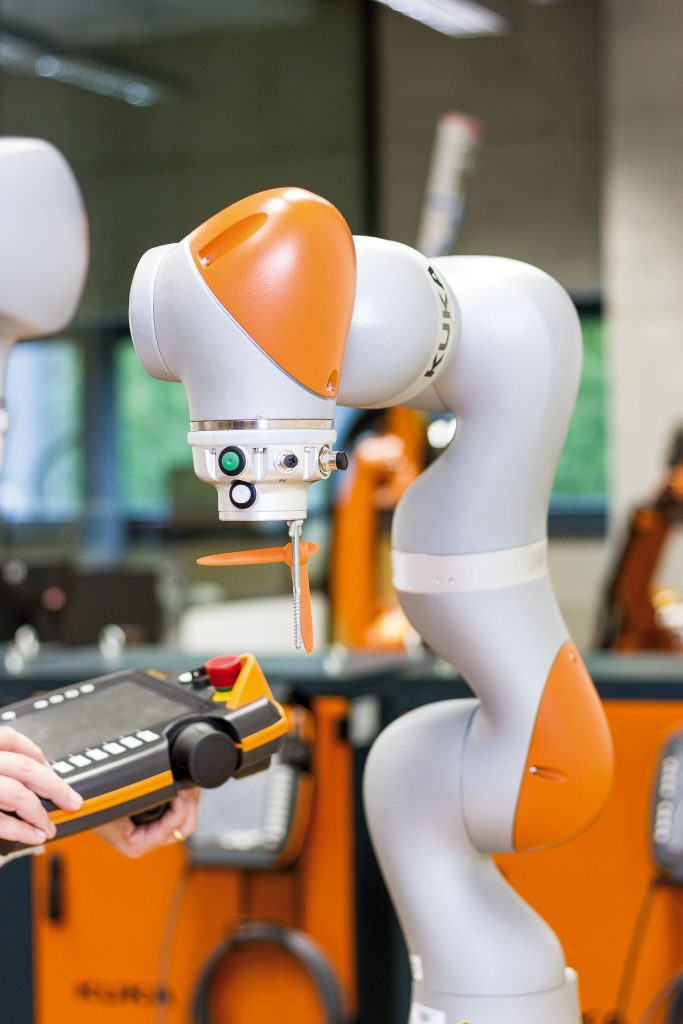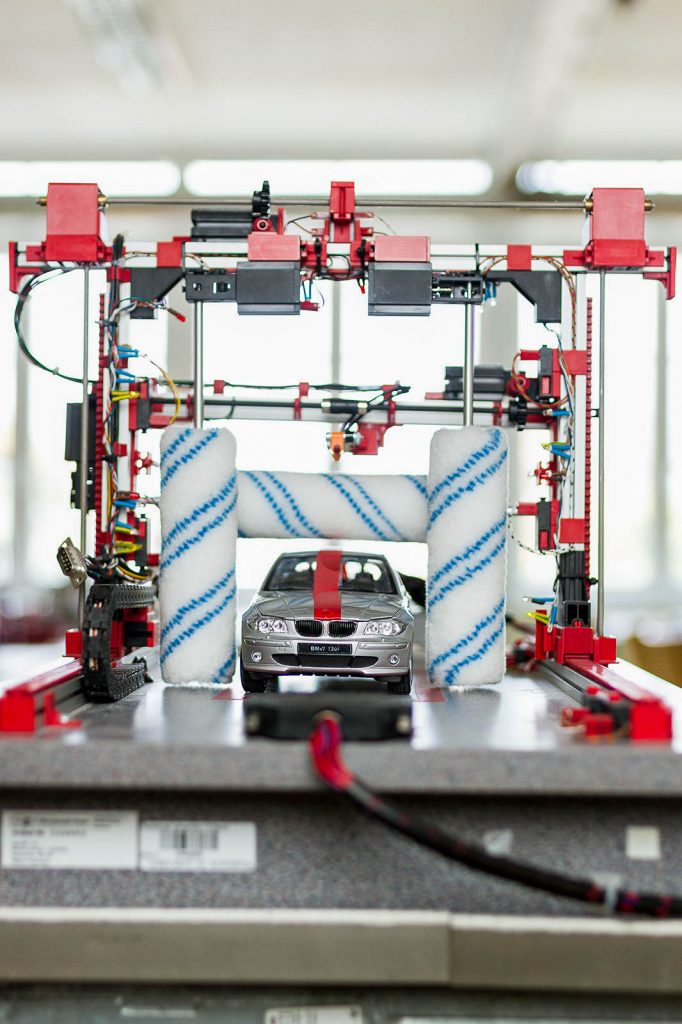The Faculty of Mechatronics, Informatics and Interdisciplinary Studies was established in 1995 as a faculty focused mainly on fields combining technical disciplines (electronics, control, measuring) with informatics and natural sciences (mathematical modelling).
At present we provide education at all university levels – from Bachelor’s to Doctorate – and the faculty has accreditation rights to perform habilitation procedures and procedures for the appointment of professors in the fields of Engineering Cybernetics and Applied Sciences in Engineering. In addition to teaching, the faculty is heavily involved in science and research. The cornerstone of its internal structure are its institutes, which provide the scientific, research and educational activities. Currently, the faculty has approximately 150 employees and around 500-600 students study its fields.
Aim of the faculty is to offer advanced interdisciplinary studies to young people interested in technology, which lie on the boundary of classical disciplines, and those structure responds to developments in modern engineering, informatics and natural science technologies.
The concept of mechatronics was established in 1969 in Japan, originally as a combination of the words mechanics and electronics in the field of digital control of electric drives of robots and machine tools. Currently, controlled mechatronic systems are assigned with a certain intelligence (artificial, material) and maturity of structure. But Science also provides high technology field of nanotechnology (nanomaterials).
The faculty offers Bachelor’s, Master’s (engineering) and Doctoral programmes in Electrical Engineering and Computer Science, Information Technology, Nanotechnologies, Applied Sciences in Engineering, with a whole range of interesting fields of study.
Fully equipped modern laboratories and informatics infrastructure are provided for course work and the faculty continues to invest in their development. From the first day of their studies, students have access to the Internet and can make use of the extensive services of the university library. This dynamically developing faculty offers a modern concept of education, which is often provided in collaboration with foreign universities. Ambitious students have the opportunity to obtain a dual degree diploma.
University graduates easily find work in industry, informatics and scientific institutions, and have the potential to compete internationally.
Liberec and its surroundings is an ideal environment for studying, accommodation, cultural and sports activities throughout the year.
The faculty is accredited by the European Federation of National Engineering Associations (FEANI) and based on the accreditation procedure it was included with all of its degree courses in the FEANI Index on the 13th of November 1996.



